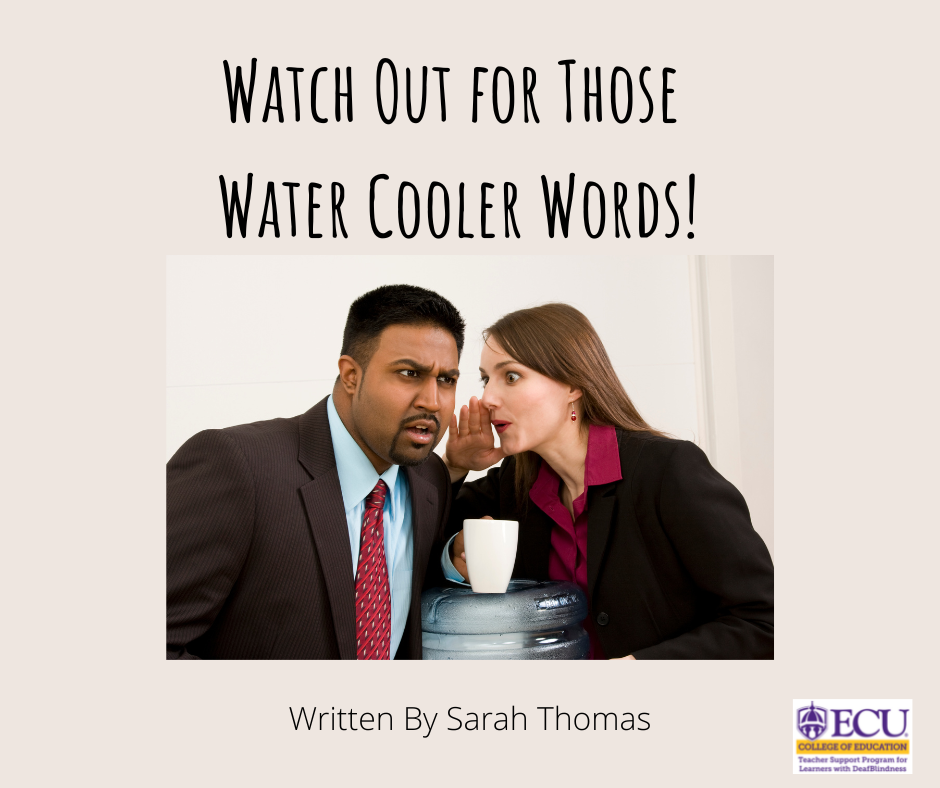
Biases. We all have them. Whether we choose to acknowledge them or not. As teachers, we are held to a high standard to not let things get in the way of educating our students. We persevere through the hard times, behaviors, and trials all in the name of education. However, sometimes we still find ourselves wrapped up in the “water cooler” drama. Wondering “what parent would let their child out of the house looking like that?” Or, “ I heard his parents got a divorce, so that would explain his behavior.” All teachers have all heard it. The simple gossip that educators share amongst themselves, thinking it is okay, it is ‘need to know’ information.
Well, the ‘need to know’ information leads to other staff members having implicit biases about other parents and students. Thus, leading to discrimination, judgment, and a host of other issues. It is vital that educators take this “water cooler” drama with a grain of salt. I urge educators to get to know their students’ families. At the 2022 Alabama Deaf-Blind Conference, I was able to hear from many families walking a very difficult journey with their children.
Many of the families talked about the discrimination they have faced from the public and the school system. The educators, who were hired to keep the students’ best interests at heart, failed them. The doctor who was supposed to help and provide answers said their child was a lost cause. It was likely that many of the educators and doctors fell into an implicit bias trap. These individuals assumed that because this child had a visual or hearing impairment, they were no longer able to be an active member of society. So, the professional gave up. They did not see the use in devoting their time and talent to helping a “lost cause.”
Despite our innate behavior to judge individuals with special needs, this population fights against those inaccuracies. Many of the parents at the conference shared the successes of their children. Some have become artists, lobbied in the government, given back to their community, and so much more. So, I urge you when you hear the “water cooler” drama, and those implicit biases come up, replace them with thoughts about successful individuals. Remember and learn about those who are working, getting a higher education, or running their own businesses. Spend time getting to know your students’ families and learn to meet them where they are. After all, we are all in this together.
Sarah Thomas, EC Teacher

